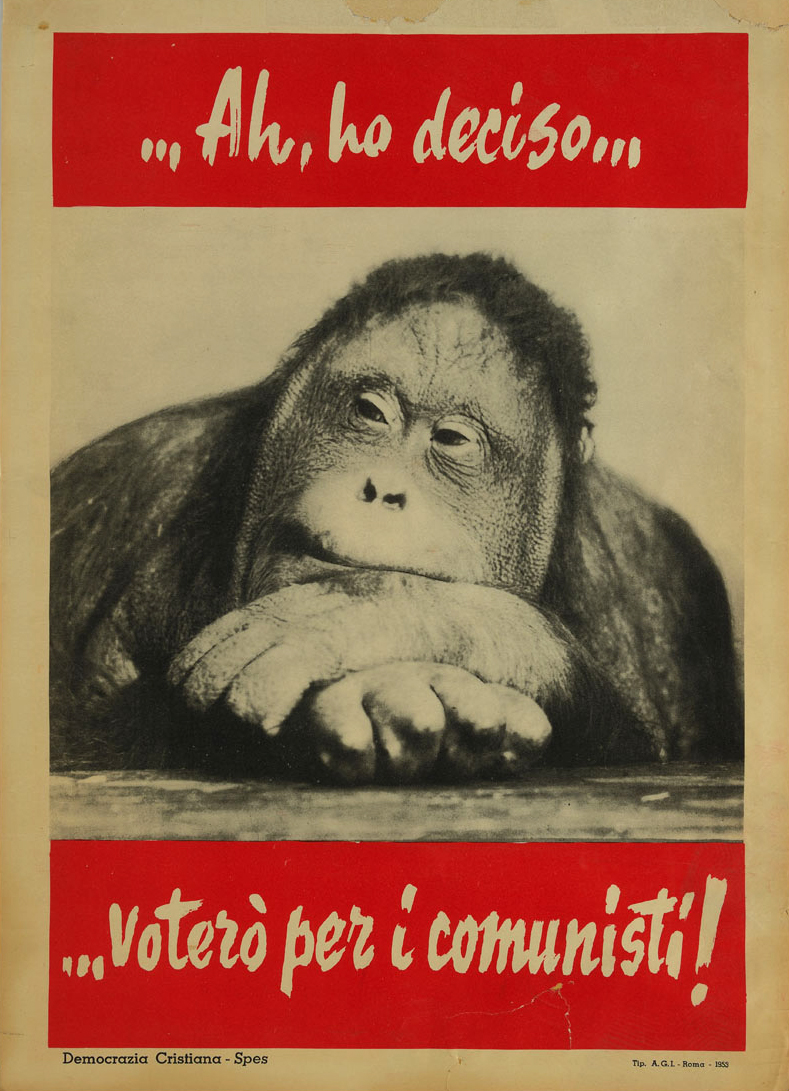Also, I don't just mean they are reactionary in certain area or in their personal life (Like Aristotle was important for biology despite being an apologies for slavery)?
I mean worth looking into their thinking precisely in areas where they're reactionary.
Possible suggestions (not saying they're justified) that I expect people would put forward include:
- Carl Scmitt
- Heidegger


I don't mean just trying to understand them in order to know what our enemies are thinking. I also don't mean reading them because they are reactionary.
I mean parts of their thought which are, generally speaking, reactionary, but where they nevertheless manage to come to certain insights.
Like Carl Schmitt is a fantastic example of this. He's an example of a reactionary, in potentially revolutionary situations which focus his mind, saying the quiet parts outload. Its like Trotsky said once in a speech in the Petrograd Soviet: 'the revolution tears the veil of mysteries off the face of society, because it brings directly into conflict the social classes involved'.
He has his famous fundamental friend-enemy political distinction, and his ideas on political sovereignty and political theology are genuinely important imo.
Mao begins his 1926 article on the classes in China but noting that the main political question is: 'Who are our friends? Who are our enemies?'. I'm sure Mao wuda read tf outta Schmitt.
On that notes I'd mention Hobbes and Machiavelli.
I agree that Freud is worth reading, but I'd personally read psychoanalysts more as philosophers than scientists at this point.